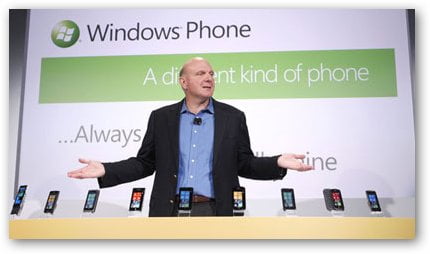 From the moment mobile phones were introduced to the world, almost everyone who came into contact with one could tell that they would eventually spread over the globe. Now, mobile phones have become an essential object. It’s hard to imagine that we ever lived without them, as most people now carry their mobiles everywhere they go, rarely switching them off or leaving them at home.
From the moment mobile phones were introduced to the world, almost everyone who came into contact with one could tell that they would eventually spread over the globe. Now, mobile phones have become an essential object. It’s hard to imagine that we ever lived without them, as most people now carry their mobiles everywhere they go, rarely switching them off or leaving them at home.
The younger generations, in particular, are beginning to use their phones for everything – gaming, emails, internet surfing, listening to music – all can be done on one little gadget. But worldwide, which country statistically owns the most mobile phones?
According to data last updated in 2009, there are 4,600,000,000 mobile phones owned in the world. With a global population (at the time) of 6,797,100,000, that means that 67.6% of people own a mobile phone. That may not seem like a lot to some people, but you must consider that the figure includes the population of third world and underdeveloped countries where mobile phones are not as easily affordable and accessible as in the UK and the USA.
The United States, according to data from December 2009, has a population of 308,505,000 with 285,610,580 mobile phones owned. That’s a high 91.0%, as we would expect from the States – however, various countries actually exceed 100% in the mobile phone ownership statistics. Russia is at 147.3%, which equates to almost half the population owning two mobile phones. Germany is at 130.1%, Italy at 147.4%. The UK, arguably surprisingly, has a higher mobile phone ownership that the States at 122.9%. All figures are relevant within the last two years.
How long will it be before everyone in the world, no matter how deprived, owns a mobile phone? In many countries, mobile phones are no longer seen as a luxury, but as a necessity. With new models constantly being released and taking the place of many other gadgets such as pagers, mp3 players/iPods and even computers, to an extent, the mobile phone definitely looks set to be the essential piece of technology for the future.



